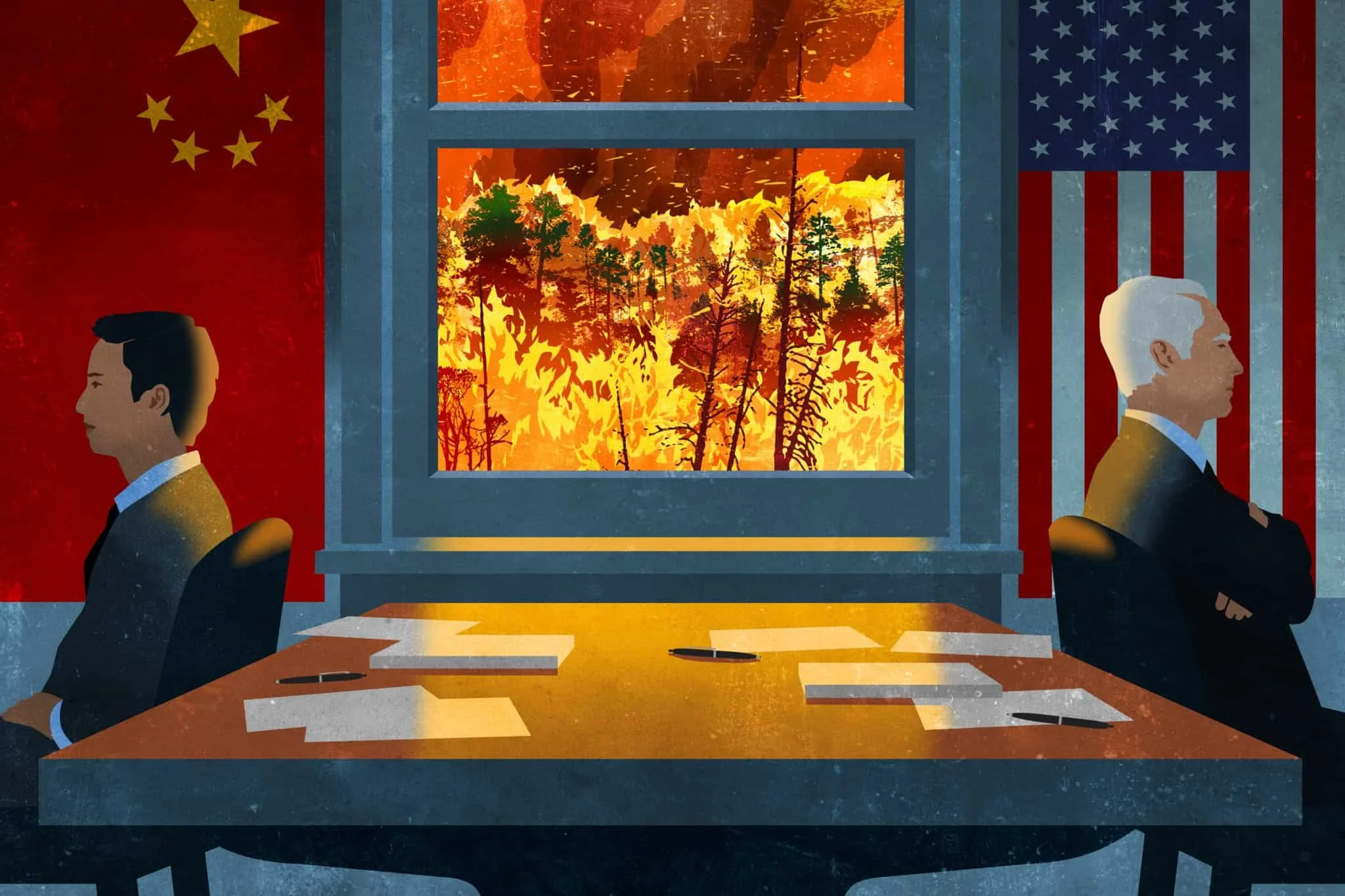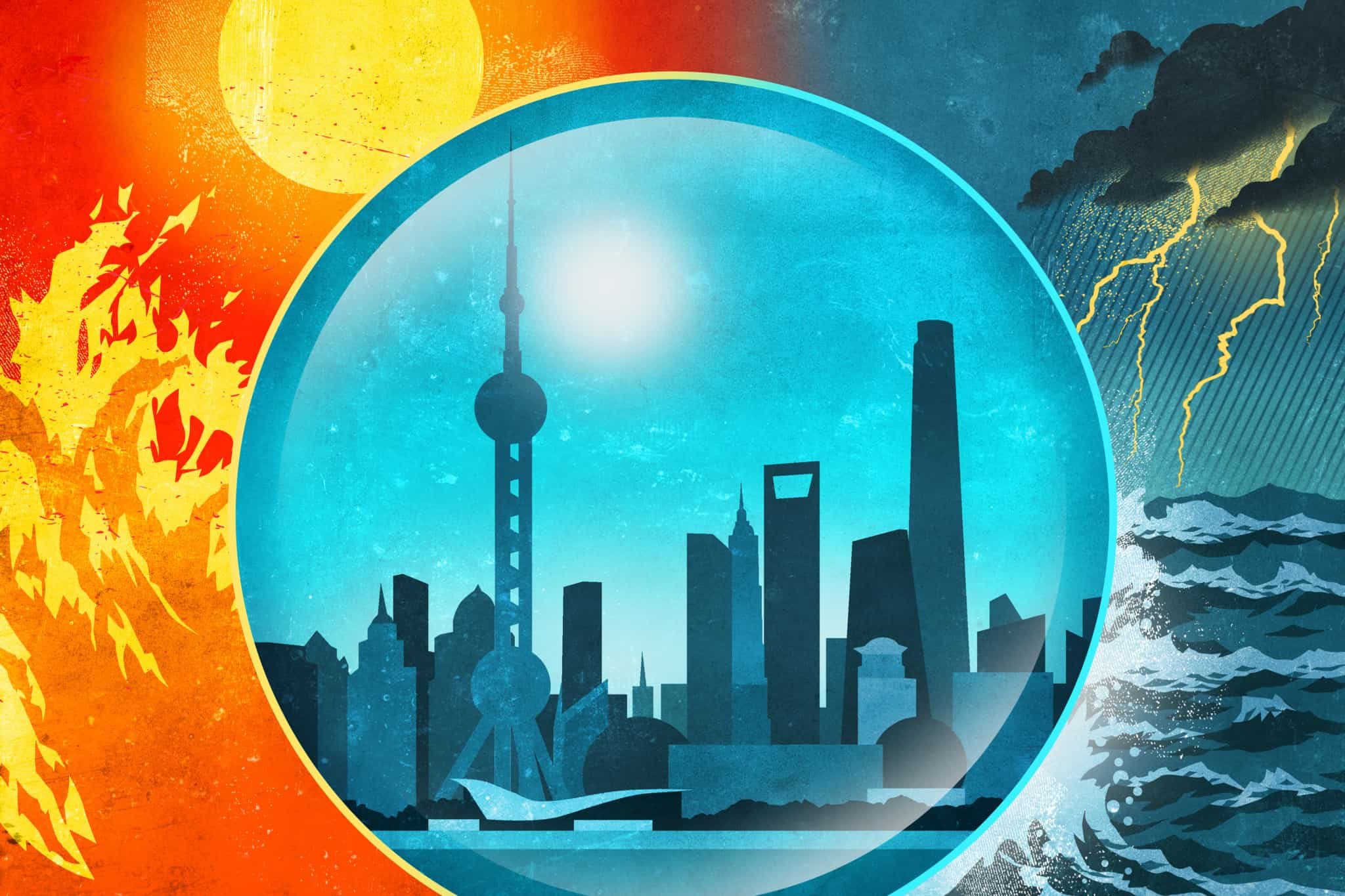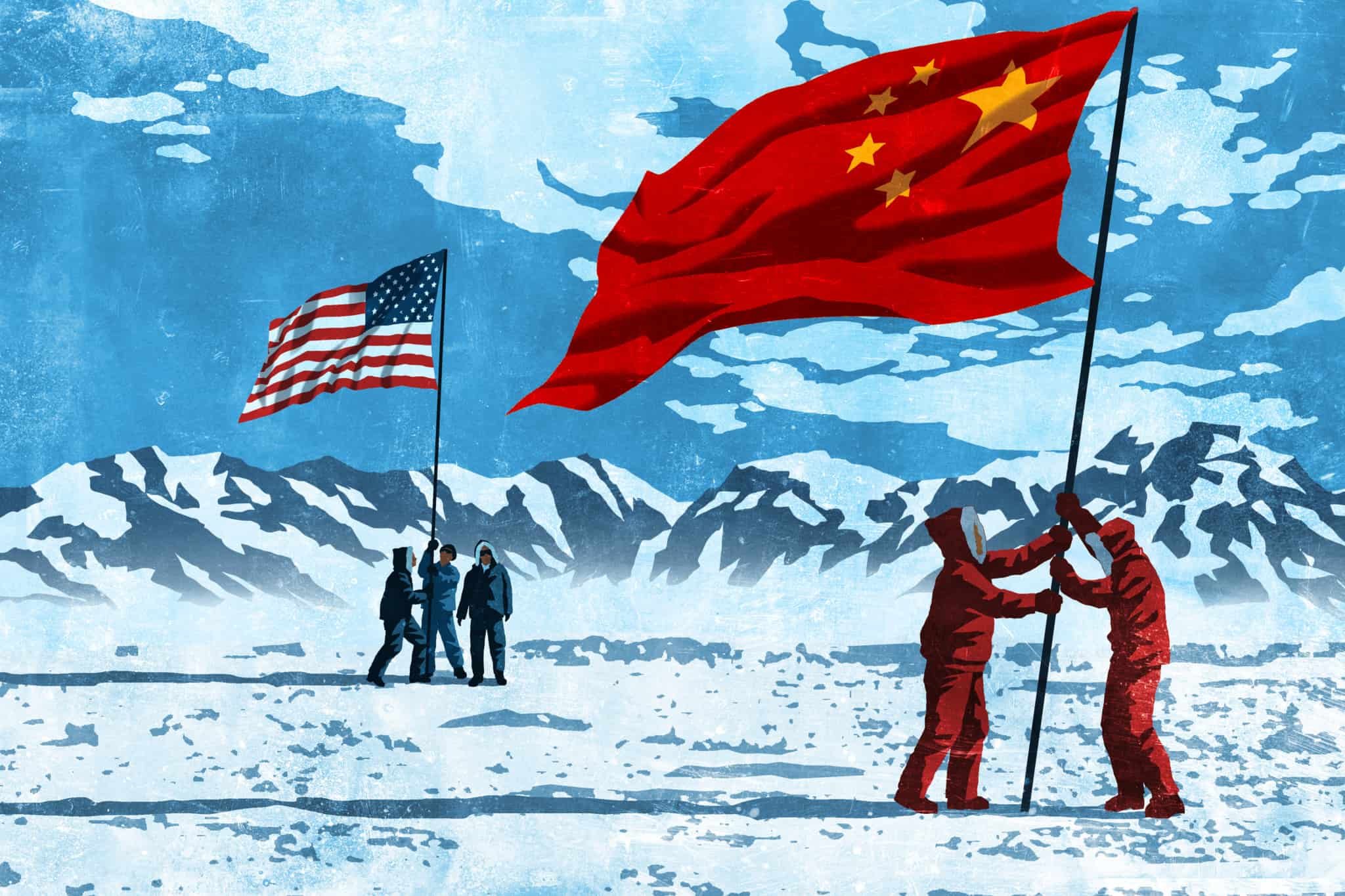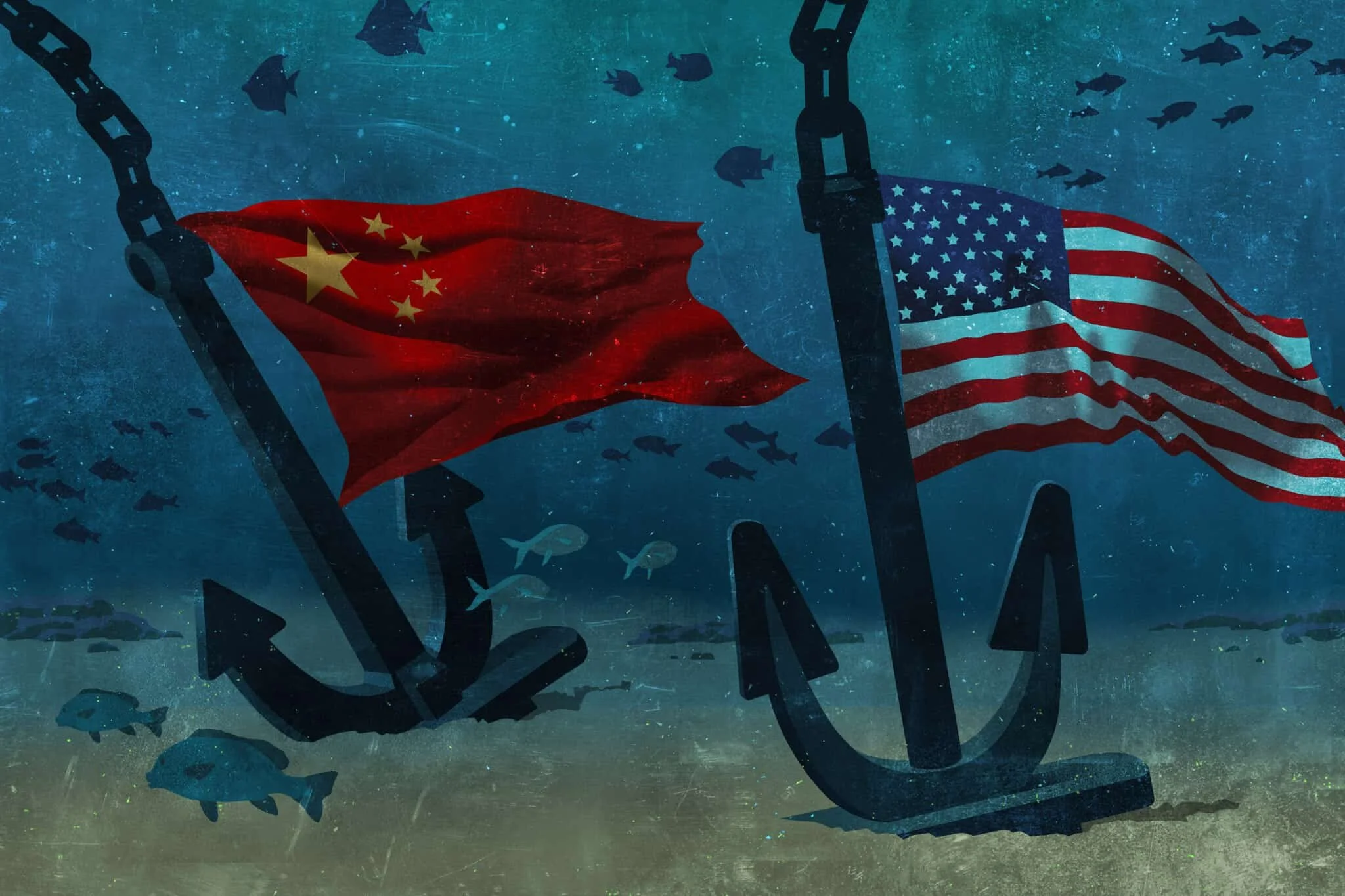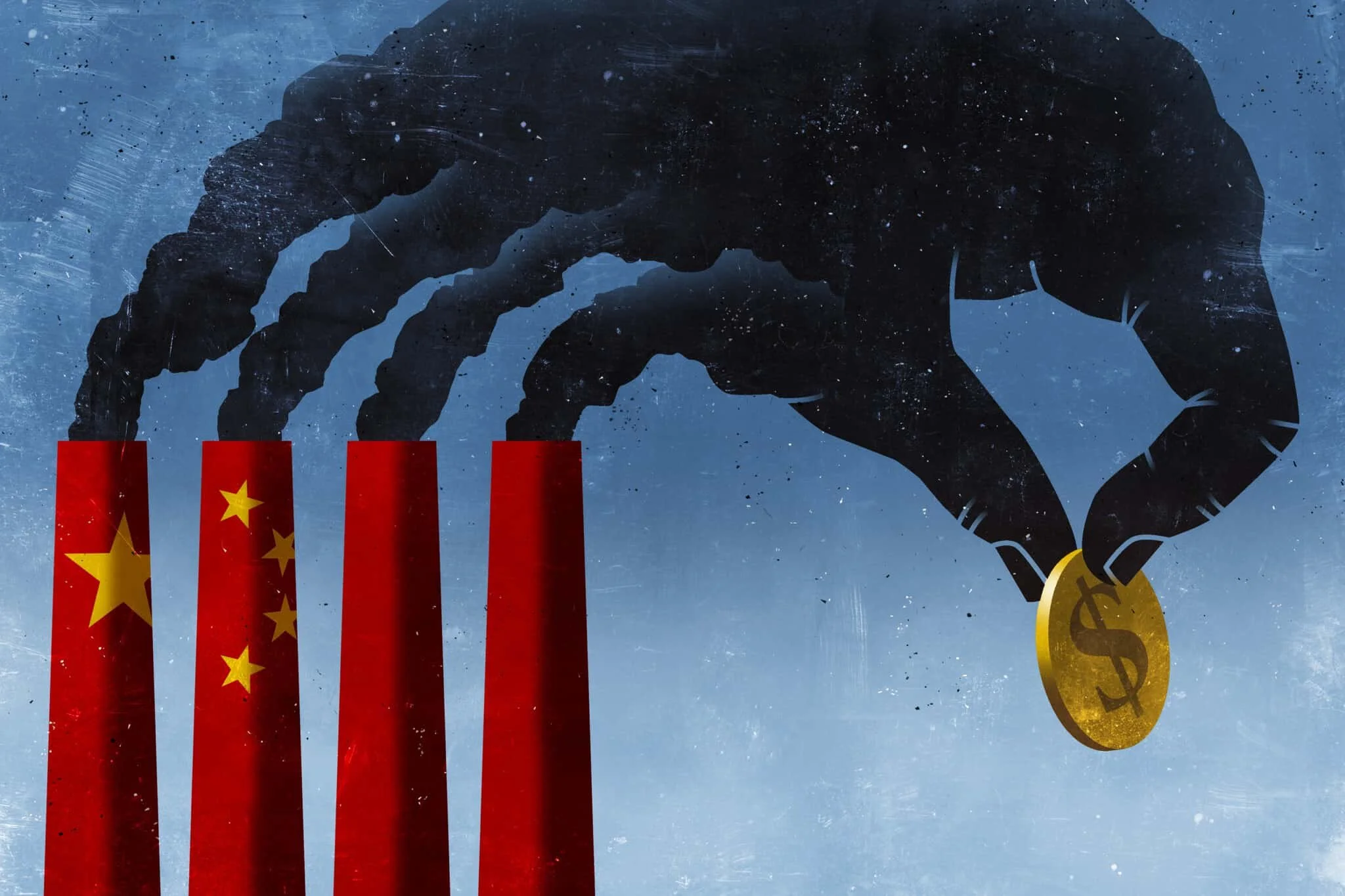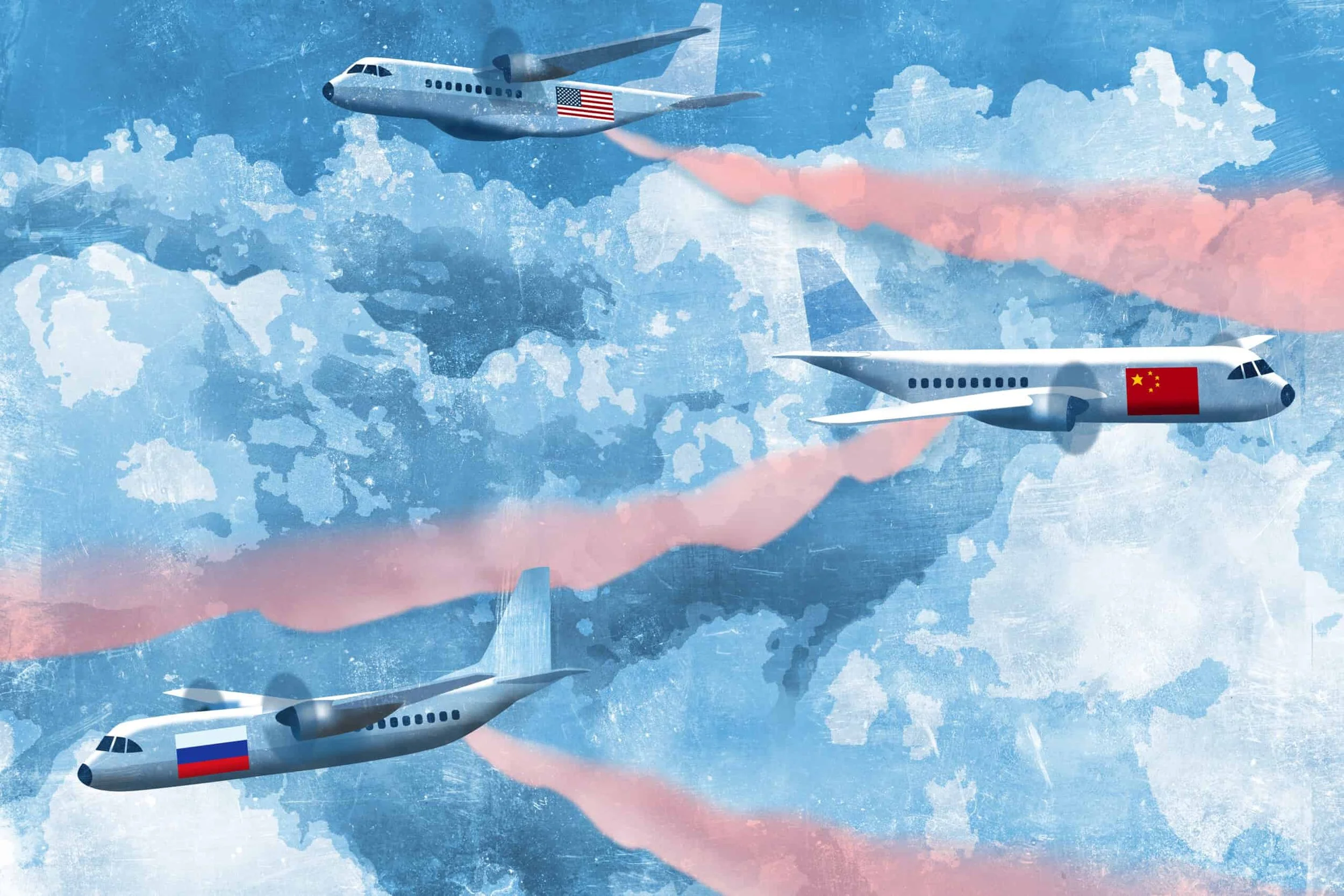THE WARMING WAR
Since the Earth Summit in Rio three decades ago, U.S.-China rivalry has been a constant stumbling block in the climate diplomacy process. But now tensions between the two countries are higher than ever — and for the first time climate change and geopolitics are at serious risk of entering a toxic feedback loop.
In Washington and Beijing alike, officials and influential experts are growing cynical about the chances of breaking the diplomatic deadlock. In this series for The Wire China, I explore how the U.S. and Chinese governments have begun preparing to adapt to worst-case scenarios of transformative climate change — and how these preparations are quietly shaping the bilateral relationship on a range of issues, from food and water security, renewable energy and critical materials to trade, industrial policy, foreign aid and military basing.
Commentators are turning to 20th century analogies to make sense of the current moment. But America and China aren’t in a “new Cold War.” They are in the early stages of a Warming War, an entirely new form of geopolitics. The two superpowers are not just competing for power, security, and advantage. They are doing so in the shadow of accelerating, irreversible ecological change.
How did the "Warming War" emerge? How is the Chinese Communist Party thinking about the risks and preparing for worst-case scenarios? How has the United States fed the toxic dynamic, what tools does it realistically have to manage this competition responsibly, given the country’s divided domestic politics? What might happen if we allow the Warming War to spin out of control, and what are the off-ramps that could forestall conflict?
The project aims to explore these questions with light, not heat. Taking climate science seriously, it draws on Democratic, Republican, Chinese, and Russian perspectives to frame the challenge and seek out constructive solutions.
Part 6: Climate Changers
Never has the prospect of geoengineering the global climate seemed so technically feasible — or potentially necessary.
Image credits: Sam Ward/The Wire China
